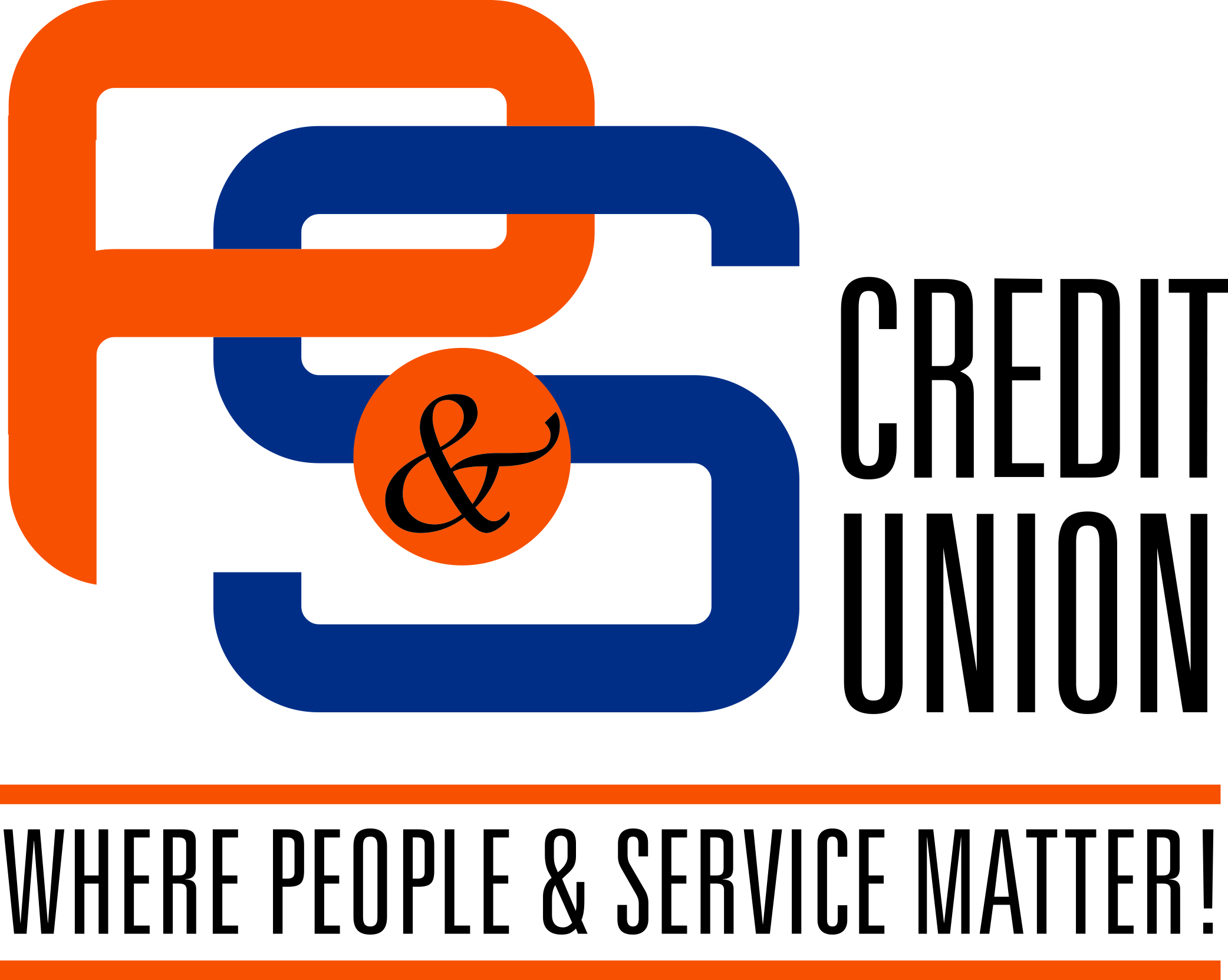Your Credit Score Matters

If your credit history is not where you want it to be, you’re not alone. Improving your credit scores takes time, but the sooner you address the issues that might be dragging them down, the faster your credit scores will go up. The higher your scores, the more likely you are to qualify for loans and credit cards at the most favorable terms, which will save you money.
How Are Credit Scores Calculated?
A credit score is calculated by applying a mathematical algorithm to the information in one of your three credit reports, and there is no one uniform algorithm employed by all lenders or other financial companies to compute the scores. (Some credit scoring models are very common, like the FICO® Score☉ , which ranges from 300 to 850.)
Most scoring models consider your payment history on loans and credit cards, how much revolving credit you regularly use, how long you’ve had accounts open, the types of accounts you have and how often you apply for new credit.
How Can You Improve Your Credit Scores?
Start by checking your credit score for free at https://www.consumer.ftc.gov/articles/0155-free-credit-reports
When you get your scores, you will also get information about which factors are affecting your scores the most. These risk factors will help you understand the changes you can make to start improving your scores. You will need to allow some time for any changes you make to be reported by your creditors and subsequently reflected in your credit scores.
Focus on the following actions to help your credit scores improve over time.
1. Pay Your Bills on Time
When lenders review your credit report and request a credit score for you, they’re very interested in how reliably you pay your bills. Past payment performance is usually considered a good predictor of future performance.
You can positively influence this credit scoring factor by paying all your bills on time as agreed every month. Paying late or settling an account for less than what you originally agreed to pay can negatively affect credit scores. The sample credit report below shows each month that a payment was made on time.
It’s a good idea to use resources and tools available to you, such as automatic payments or calendar reminders, to help ensure you pay on time every month.
If you’re behind on any payments, bring them current as soon as possible. Although late or missed payments appear as negative information on your credit report for seven years, their impact on your credit score declines over time: Older late payments have less effect than more recent ones.
2. Pay off Debt and Keep Balances Low on Credit Cards and Other Revolving Credit
The credit utilization ratio is another important number in credit score calculations. It is calculated by adding all your credit card balances at any given time and dividing that amount by your total credit limit. For example, if you typically charge about $2,000 each month and your total credit limit across all your cards is $10,000, your utilization ratio is 20%.
To figure out your average credit utilization ratio, look at all your credit card statements from the last 12 months. Add the statement balances for each month across all your cards and divide by 12. That’s how much credit you use on average each month.
3. Apply for and Open New Credit Accounts Only as Needed
Don’t open accounts just to have a better credit mix—it probably won’t improve your credit score. Unnecessary credit can harm your credit score in multiple ways, from creating too many hard inquiries on your credit report to tempting you to overspend and accumulate debt.
4. Don’t Close Unused Credit Cards
Keeping unused credit cards open—if they’re not costing you money in annual fees—is a smart strategy, because closing an account may increase your credit utilization ratio. Owing the same amount but having fewer open accounts may lower your credit scores.
5. Don’t Apply for Too Much New Credit, Resulting in Multiple Inquiries
Opening a new credit card can increase your overall credit limit, but the act of applying for credit creates a hard inquiry on your credit report. Too many hard inquiries can negatively impact your credit score, though this effect will fade over time. Hard inquiries remain on your credit report for two years.
How Long Does It Take to Rebuild a Credit Score?
The length of time it takes to rebuild your credit history after a negative change depends on the reasons behind the change. Most negative changes in credit scores are due to the addition of a negative element to your credit report, such as a delinquency or collection account. These new elements will continue to affect your credit scores until they reach a certain age.
- Delinquencies remain on your credit report for seven years.
- Most public record items remain on your credit report for seven years, although some bankruptcies may remain for 10 years.
- Inquiries remain on your report for two years.
Rebuilding your credit and improving your credit scores takes time; there are no shortcuts.
What affects your score?
These components tend to be the most important:
- Negative information on your credit report can lower your credit scores. That information remains on your credit report for a set period. For example, late payments appear for seven years from the date you first missed a payment. Paying off a collection account won’t immediately remove it from your credit report. Bankruptcies can remain on your report for seven to ten years, depending on the type of bankruptcy. The good news is, all negative information will eventually cycle off your credit report. Until it does, focus on the things you can positively influence, including paying all your bills on time.
- You don’t need to carry a monthly credit card balance to build your credit history. You can pay off your credit card bills every month and positively affect your credit standing.
- Settling accounts for less than the full amount you owe can harm your credit scores. Any time you fail to repay a debt as you originally agreed, it can negatively affect your credit. That said, the negative impact of settlement is still less than the negative effect of not paying a debt at all or declaring bankruptcy.
A good credit score can open doors for you. From helping you qualify for the best interest rates and terms when you borrow money to influencing how much you pay for life insurance; some might be doors you never even dreamed existed. Landlords will consider your credit scores when you apply to rent, and even telecom companies might look at your scores before you lease your next smartphone.


